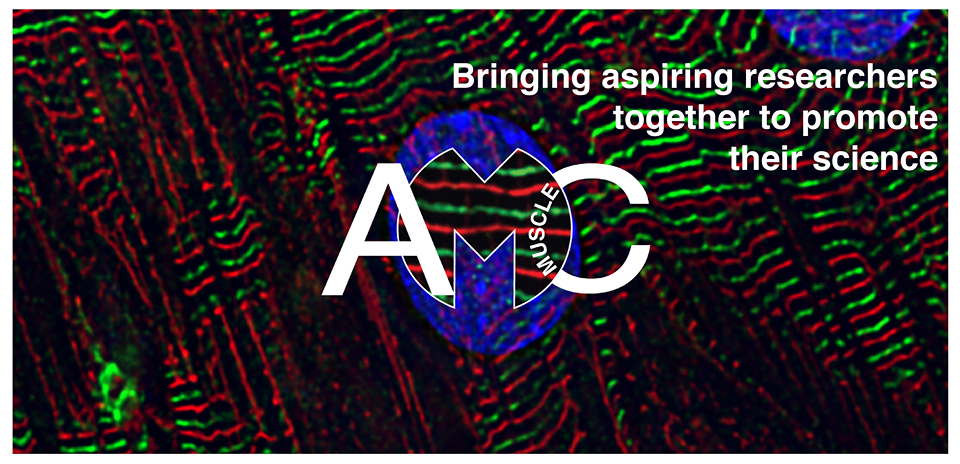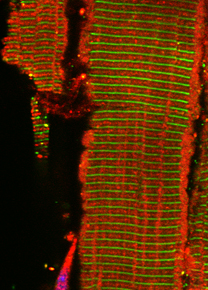Meeting Emphasis
|
The Alternative Muscle Club meeting is aimed at scientists early in their research careers. The free daylong meeting provides an opportunity for young investigators in the academic, industry and medical sectors to present their work in a more relaxed environment. Its main goal is to build connections in the research community, and help learn about projects from other research laboratories and organizations. |

Areas of Interest
|
The one-day meeting covers a wide range of muscle-related research areas. We will try to represent the full range of cutting-edge muscle-related research that is being undertaken today. Topics include, but are not limited to the following areas: |
|
Career Development
|
We are hoping to be able to offer three career development sessions on 'Translational Medicine', 'Alternative Career Paths' and "Patenting and taking your innovation to the next level" panel.. These sessions will either be taking place alongside or after the 'open poster viewing' time. |
|
Presenting your data at the AMC can boost your career.All accepted poster presentations will be automatically entered into the poster competition, while all accepted oral abstracts from junior investigators will compete for the AMC young investigator awards. We are also introducing the Jean Hanson Award for Diversity in Science. This award, named in honor of Jean Hanson, is aimed to promote diversity of speakers and attendees at the AMC meeting. Meeting attendees from disadvantaged backgrounds and underrepresented minorities are particularly encouraged to apply for this award! The award will be given to one presenting AMC attendee based on:
Further details will be announced in the final program. |

Section 'Sub' Navigation: